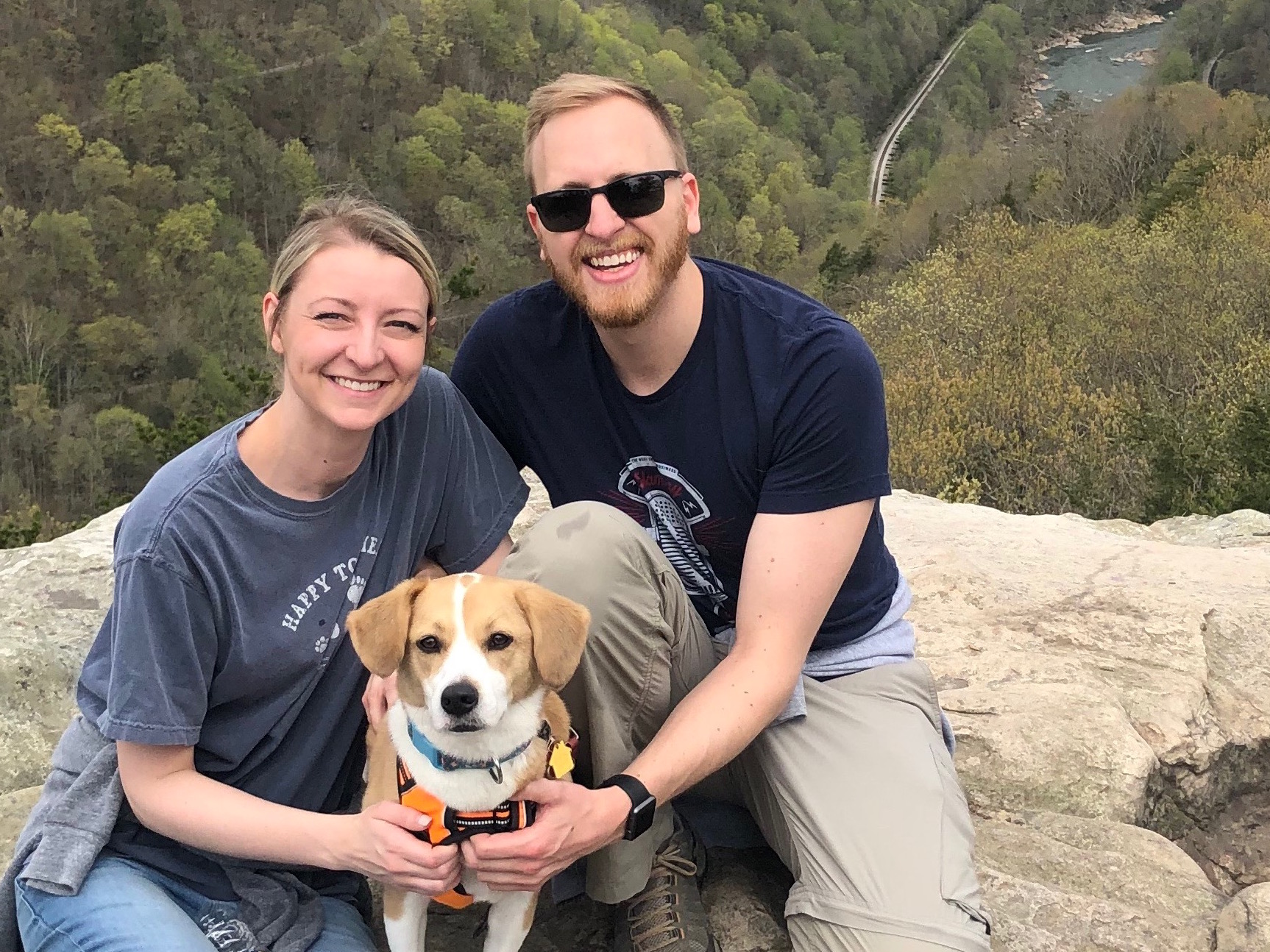Apr 7

Serving the Most Vulnerable in a Pandemic: SOAR Clinic Launches Telehealth
“The people most affected by the coronavirus are the elderly, the underserved, the disenfranchised,” says Janet Raber, B.S.N., RN, the manager of the SOAR Student-Run Free Clinic.
Helping the most vulnerable has been the clinic’s mission ever since it opened in fall 2016. So when the COVID-19 pandemic began and in-person visits became problematic for patients and providers alike, Northeast Ohio Medical University’s students and their advisors moved quickly to serve their clients in a different way: through telehealth – visits using technology like Zoom, or phone calls for those without internet access.
Since its telehealth (also known as telemedicine) pilot launched on March 21, the interprofessional team of students from NEOMED’s College of Pharmacy and College of Medicine have moved ahead. Their goal is to help prevent underserved and unserved patients with anything from getting prescriptions filled and maintaining their treatment regimens to concerns related to COVID-19.
“These people have lost their jobs and they may have lost their insurance,” notes Raber.
Not only may these patients have trouble affording or obtaining medications for their chronic conditions. They may already have been affected by federal cuts to food assistance (SNAP) programs. While others are stocking up on supplies, this population may not have the wherewithal to wash their clothing or buy disinfectant and hand sanitizer.
Social determinants of health, a topic that NEOMED students also learn about in their curriculum, become top of mind for students treating patients at the clinic.
And with all the stress caused by job losses, health concerns and overall atmosphere of worry around the pandemic, Raber says it’s especially helpful that the SOAR clinic can offer emotional support. It recently integrated behavioral health into its primary care services, adding a licensed counselor to its staff. Ashley Loucek, M.S., LPC, helps the students screen patients for behavioral health concerns such as depression and anxiety.
Fourth-year students meet the challenge
If 2020 were a normal year, fourth-year College of Medicine students would be completing hospital rotations at this time of the school year. For NEOMED students, as well as others around the country, those plans changed when the pandemic led to shortages of personal protective equipment and other safety and personnel concerns at the facilities where they had been placed.
Faculty and administrators worked quickly to create meaningful alternatives. One was aimed at expanding SOAR efforts, including the clinic’s hours of operations. The elective, which began March 30 and runs through the month of April, offered students two initial options: working on telehealth platforms at the SOAR clinic or researching and choosing an electronic health records (EHR) platform for the clinic.)
Picturing a telehealth visit
Four regular patients said yes to a telemedicine phone visit on March 21, and three were able to keep their appointments. What did that look like?
At each visit, a student first talked with the patient and completed an assessment. Then, with the patient on hold, they conferred by a Zoom video with counselor Ashley Loucek and the faculty physician supervising that day (in these cases, John Boltri, M.D., and Richard Hines, M.D.), with the student presenting the case and additional students listening, so they could all learn.
Next, the physician was patched in on a conference call with the patient and student to present a treatment plan.
The patient response that first day was overwhelmingly positive, says Will Kenyhercz, the SOAR clinic chief for March.
When the COVID-19 pandemic moved in, Kenyhercz had been volunteering at the SOAR Clinic during a gap year between his third and fourth year at the College of Medicine. He had already been assisting SOAR with its behavioral and telehealth initiatives, so he stepped up to help David Sperling, M.D., a professor in the Department of Family and Community Medicine, develop the curriculum for the elective.
“Many of our patients are without insurance and rely upon our clinic to manage their chronic conditions with regular check-ups, lab work and medication refills. These patients were fearful that they might lose access to this health care. Thankfully, with our expansion into the telehealth environment, SOAR is still able to offer these services for our patients during this pandemic,” Kenyhercz says.
Government’s Emergency Act Expands Telehealth Benefits
NEOMED had already been looking at ways to use telehealth to connect with their patients when world events pushed its timeline ahead. For SOAR patients, it’s significant that with the COVID-19 pandemic, the Centers for Medicare & Medicaid Services has expanded the telemedicine benefit on a temporary and emergency basis through the recently passed Coronavirus Preparedness and Response Supplemental Appropriations Act.
According to a CMS fact sheet, “The benefits are part of the broader effort by CMS and the White House Task Force to ensure that all Americans – particularly those at high-risk of complications from the virus that causes the disease COVID-19 – are aware of easy-to-use, accessible benefits that can help keep them healthy while helping to contain the community spread of this virus.”
What’s next for the SOAR Clinic?
Expanded telehealth services are in the works.
Kenyhercz notes one bonus of the extra student power from the fourth-year students enrolled in the SOAR elective: The clinic will be reaching out to SOAR patients to conduct visits on weekdays, too, during April.
For the most up-to-date information, call 330.552.7080 or check the SOAR website.

Photo: College of Medicine student Will Kenyhercz with his fiancée, Anna, and their dog, Frankie, on a hiking trip


